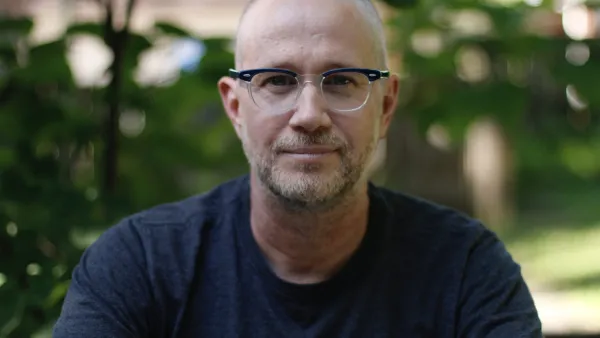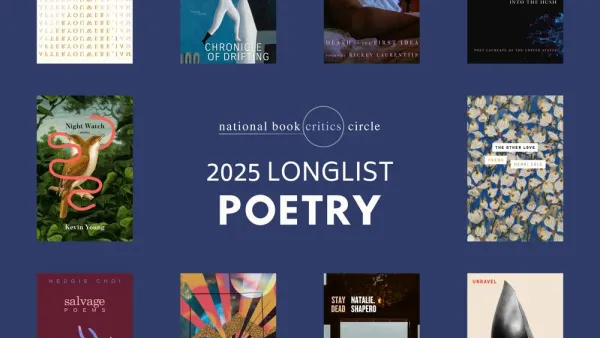Starting Fall 2022, WUSTL English majors can pursue a Publishing Concentration as part of their major!
The WUSTL English Department’s Publishing Concentration is designed to approach publishing as both an art and an industry. On the theoretical side, the Concentration is intended to give students in-depth knowledge of the many forms of publishing that operate today, as well as a broad historical context for understanding contemporary publishing as part of a centuries-old process of intellectual and cultural production. On the practical side, the Concentration covers many sectors of contemporary publishing and involves students directly in creative projects.
In addition to the three core courses, (including "Publishing History and Contexts", and the newly approved "The Art of Publishing") students will choose two electives from a range of courses within the English department. There is also the possibility of taking one of the electives in a different school—such as Business or Art.
For a closer look at the new concentration, the Duncker Digest interviewed Martin Riker, the WashU Director of Publishing. The full text is as follow:
Q: What is your history with publishing and how did you get involved?
- I was a professional musician in my twenties and worked mostly at night, so I spent my days on futons and couches reading books. Eventually I stumbled upon a few publishers whose books were particularly exciting to me (New Directions, Grove, Dalkey Archive) and I read my way through their catalogs. I ended up doing a Master’s at Illinois State because you could work at Dalkey Archive as a grad student there. Their Publishing Unit was in some ways a model for the publishing concentration we’ve put together here. Anyway, since I’d read all of Dalkey’s books, they hired me right out of grad school and I worked there for approximately a decade, though I left for a few years to complete a PhD. Dorothy, a publishing project—the press Danielle Dutton and I run—was founded around the time I was leaving Dalkey, and is now in its thirteenth year. So I didn’t set out to be in publishing, but rather backed into it out of a love for books.
Q: What was the inspiration for the publishing concentration?
- I thought about offering publishing courses when Danielle and I first moved here, but put off the idea until I could conceive of a curriculum that was something more than vocational. Publishing as a discourse differs from most of what we do in the English department in that it is less inherently interpretative and analytical. So much of it is an info dump: Here’s how you do this; here’s how you do that. The challenge was (and continues to be) how to approach the subject--the distribution of intellectual property--in a way that is both informative and engages students in serious critical thinking. That the subject matter is of paramount cultural significance is obvious; how to create a curriculum that does more than just describe the status quo is much less so. Coming up with answers for that curricular dilemma was the goal of the course “The Business of Books,” and the successes of that course led to the idea of a concentration. Of course it was really only when others in the department became involved, most notably Abram Van Engen and Jen Arch, that the idea got off the ground. There are still a lot of logistics to figure out, but the key thing is that as a concentration to the English major, we will be able to cast the curricular net wide, to offer a range of classes that put publishing in a larger literary and cultural context. Abram's original call for course suggestions from faculty yielded some very promising courses and course ideas. I think there will be an open meeting soon for anyone who wants to be involved.
Q: Do you judge a book by its cover? How do you feel the presentation of a piece of writing effects the way it is perceived?
- This is such a large question. We could have a discussion of what constitutes a book at all, which might involve us in tracing the historic movement between books as objects to books as content (and, more recently, as interfaces); or we could talk about the rhetorical situation of a codex (a bound book) and the many levels on which the old form-content split manifests itself in the progress of a text in the world; we could talk about the politics of jacket copy or could try to reverse-engineer an understanding of the marketing process and intended audience based on analyzing all the individual choices put into the design of single book’s cover. These are all conversations we’ve had already this semester in “Publishing: History & Contexts,” and it indicates how dynamically interconnected the field of publishing is: you can start off having a simple conversation about book jackets and end up somewhere you did not expect to go.
Q: Publishing is a very competitive industry; how will the new concentration give students a competitive edge?
- I think for me the question is, What will they have a competitive edge at. Obviously, we want to provide a basic education in the various fields of the publishing industry, with a practical focus on the types of thinking and writing that are specific to publishing. Students should come out of these classes feeling that they understand on both a macro and micro level how contemporary Anglophone publishing works. But that is low-hanging fruit, and my hope for this program is that we are preparing students not just to get jobs but to be good citizens of the publishing world, to contribute in a positive way to the culture.
- So for example, for yesterday’s class, everyone read the recent expose from Publishers Weekly “Is the Publishing Industry Broken?”, about the inequities in salary for younger employees and the push for greater diversity and unionization across the industry. The article does not paint a very rosy picture of entry level jobs in NYC publishing, and in their Discussion Board responses a few students said I had destroyed their childhood dreams of working in publishing. But then we got together and talked about how dreams aren’t very useful if they are ill-informed, how nothing in publishing is inevitable—everything exists the way it exists because somebody made it that way—and how the only way you can affect positive change is to understand the problems you are up against. Then we had a terrific Zoom visitor: Jenny Xu, who is a poetry editor at a large corporate publishing house (Ecco/Harper Collins) and has been highly involved with diversity efforts and unionization in publishing. She is a person with great ideas and a lot of energy. In speaking with us about the very problems we had just read about, she modeled for us how a good citizen of publishing does something more than wring their hands.
Q: Are there any unexpected challenges you've encountered in the publishing industry? Or, what is the hardest aspect of publishing today?
- The challenges in publishing today span from systematic racism to paper shortages. In class, we look at current challenges, but we also study the history of publishing’s challenges, and the different solutions people have found in the past.
Q: What would be your advice to an undergrad who wants to be involved with the new concentration? Is there any useful language for teachers/advisors to use in this conversation?
- I hope some of what I’ve said already applies to that. I’ve emphasized the discursive aspect of the concentration in my responses above, because I think that is the less obvious aspect, but I don’t want to understate our goal of providing a practical education as well. My own two publishing courses are split between a L14 course—“Publishing History & Contexts”—and an L13 course I’ll be teaching in the spring—“The Art of Publishing”—that focuses almost exclusively on the process of how books are made and make their way into the world. To be a good publishing citizen means understanding the social and philosophical implications of the choices publishers make, but it also means being, yourself, a very capable and thoughtful contributor to the creation and distribution of books. Publishing has its own processes, its own types of writing and thinking, and the publishing concentration aims to provide exactly the sort of education in those things that students should expect, while also placing that education in a broad, thoughtful context.




